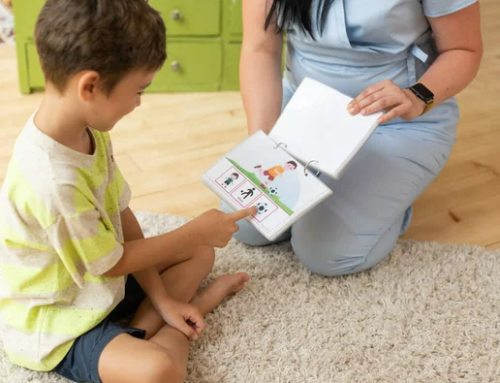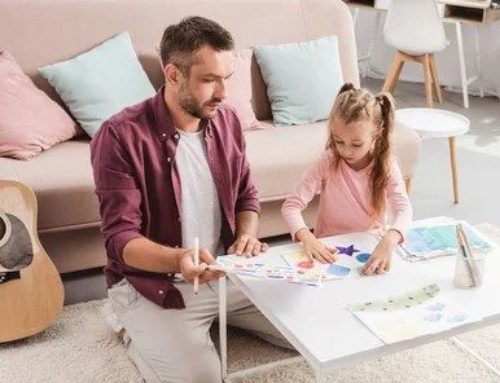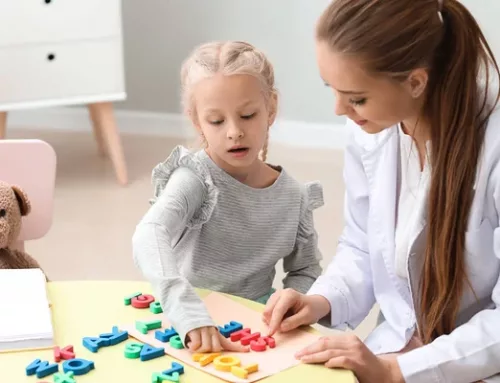Question: Is screen time a resident or an invited guest in your house?
Screen time can be either be a major source of frustration or relief for parents. Clinical Psychologist, Dr Andrew Wilkinson explores the issue of safely finding the right balance with screen time for kids.
Screen time can be either be a major source of frustration or relief for parents. Finding a balance between engaging in the online world vs real world for children is often an issue parent’s find themselves considering. Parents now also have to consider the realities of cyberbullying, identity theft, violent online games and internet safety. So where do we start to understand how much time is enough?
First things first – is screen time a resident or an invited guest in your house?
I’ve found this is a great question to ask parents to find out how they and their children view screen time. If screen time has become a regular fall back to help “control behaviour” or “keep the peace” we may need to start asking if a cycle has started that will become difficult to break.
Often a good way of starting to think about your child’s screen time is setting a positive example yourself and showing them healthy limits around using technology. When healthy limits are not set it is not uncommon for young people to become so wired to technology it can have an impact on their lives in various ways.

Signs your child’s screen time may be having a negative impact:
- Have you noticed your child has stopped spending time with their friends?
- Do they appear very irritable or frustrated – particularly when time has come to stop using technology?
- Are they doing poorly in school or avoiding doing homework by spending time online doing other things?
- Are they missing sleep because of technology?
- Do they seem pre-occupied with only discussing the latest game or online friend?
If you have answered YES to most of these questions it may be time to rethink your approach.
Here are some simple tips below to help invest in a healthy screen time balance:
- Have a family game or night or practice a shared hobby together at least once a week
- Encourage your children to participate in after school sports or some form of exercise that is outdoors after school
- Have a tech curfew at night. Switch off the internet and make sure all the family has at least a 1 hour break between the finish of screen time and bed time.
- Keep all screen devices for children in open and public areas, no matter whether it is TV’s, computers, Ipad’s or phones.
- Use an analog alarm clock instead of a phone.
As a general rule of thumb a number of experts agree that children and young people should have no more than 2-3 hours of leisure screen time a day. We now know the human brain keeps developing until we are 25 years of age! That means setting good patterns and habits throughout not only the early years, but also the tricky teenage years will give them a better chance of establishing a healthy respect for technology and its place as they emerge into adulthood.
If you would like to know more or have further support for you child in this area please contact Beam on 4954 9333.










